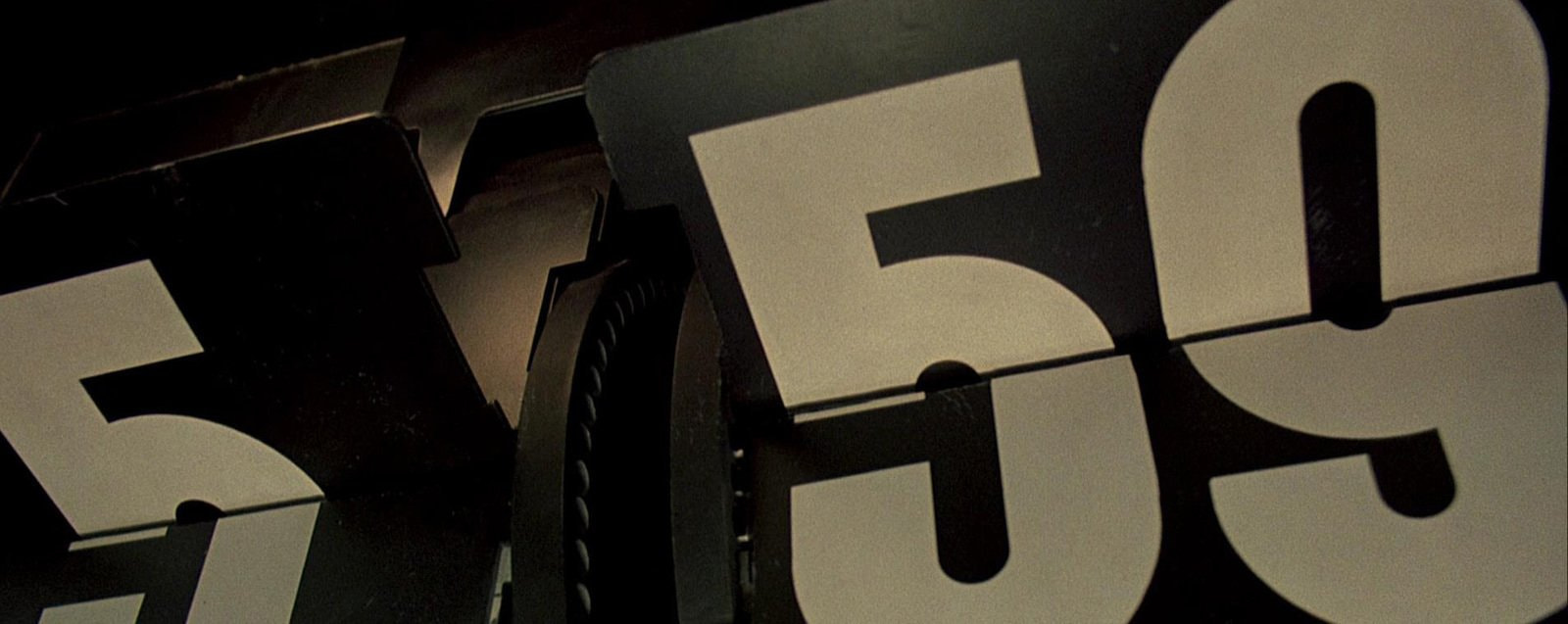The lecture focuses on the film classic Groundhog Day and its rendition of certain philosophical ideas.
It is unusual to expect sublime artistic meaning in a film combining comedy and grotesque. As time passes since the release of Groundhog Day (1993), however, the film acquires more and more diverse interpretations based on its implicit philosophical ideas, literary allusions, metaphors, and symbols. The entire plot as well as its particular episodes are often used by contemporary theoreticians for illustrating certain concepts. Perhaps, the most famous philosophical idea that inspired the authors of the film was Friedrich Nietzsche’s notion of “the eternal return”.
“What, if some day or night a demon were to steal after you in your loneliest loneliness and say to you: "This life as you now live it and have lived it, you will have to live once more and innumerable times more; and there will be nothing new in it, but every pain and every joy and every thought and sigh and everything unutterably small or great in your life will have to return to you, all in the same succession and sequence—even this spider and this moonlight between the trees, and even this moment and I myself. The eternal hourglass of existence is turned upside down again and again—and you with it, speck of dust!"— Would you not throw yourself down and gnash your teeth and curse the demon who spoke thus?”
(Friedrich Nietzsche, The Gay Science, 1882)

